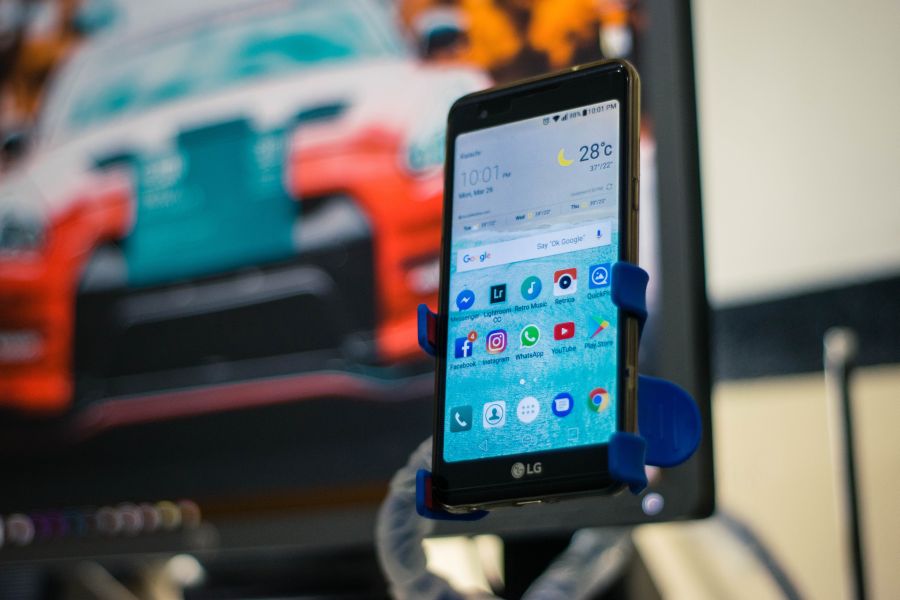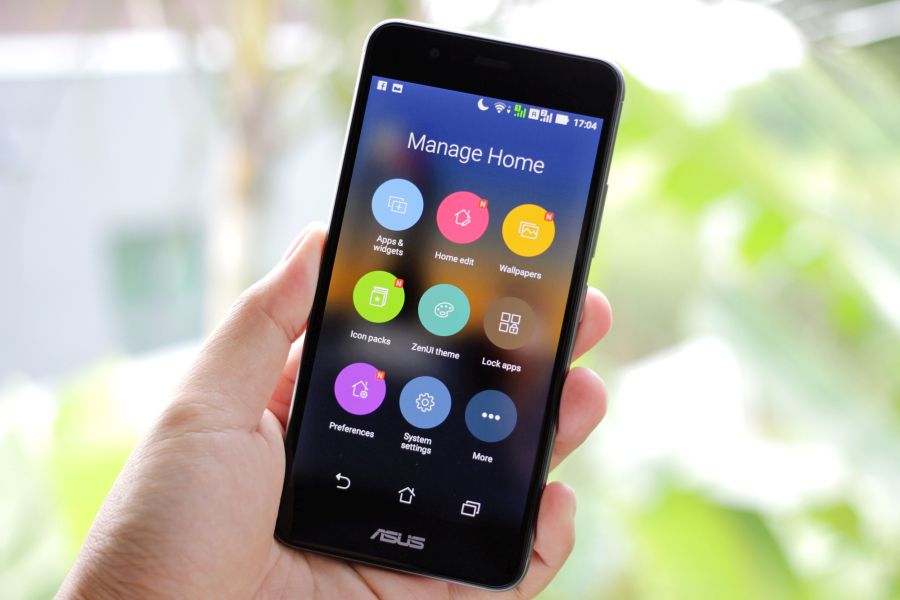Android is a mobile-based operating system and ever since its launch it has been known for its security flaws. While the newer versions of Android such as Android 10 have significantly improved in terms of privacy and user security there are still some privacy concerns users have to address when using the Android operating system. Some commonly asked Android privacy related questions and their answers are as follows:
● How people can improve Android privacy?
You can improve Android privacy by adjusting the privacy settings of your Android device, only download important apps from secure sources, and maintaining a secure phone screen lock.
● Who should you contact if you have any Android privacy concerns?
You will have to contact Google and your Android device manufacturer if you have any privacy concerns while using an Android device.
● What things Android users should watch out for when using an android device?
When you are using an Android device especially a cheap one you have to watch out for vulnerabilities such as some Android devices share your location even if you turn off location sharing through your device settings.

While it is no secret that Android’s open-source environment is not the safest operating system in the world but it is most definitely the most widely used mobile operating system. And since it has such a huge user base there are a lot of existing Android users are concerned about their privacy. This is why in this article we are going to help you figure out ways you can improve your privacy while using and Android device.
Contents
How people can improve Android privacy?
Contrary to popular belief Android doesn’t leave users completely on their own in terms of privacy controls and in fact, the Android operating system has some built-in settings for improving privacy. But these settings are not enough to ensure your privacy which is why you will have to use some additional measures to kick the privacy of your Android device up a notch. You can use the following measures for improving the level of privacy your android device provides:
● Adjusting privacy settings of your Android device:
The first thing you need to do after getting your Android device is adjusting the built-in privacy settings. You can find privacy settings for your Android device by going into the “Settings” option and then tapping on the “Privacy” option. In some devices, these privacy settings can be accessed by going into the “Advanced Settings” option within the settings menu. Once you are in the “Privacy” or “Advanced” settings you will have to adjust the following settings:

● App Permissions:
Every Smartphone user downloads some apps that allow them to use different services and functionalities of their phone and Android devices are no exception. But when you download an App it also gains access to certain data of your Android device. While most apps don’t access unnecessary data on your phone some apps might try to access data that they don’t actually need to work on your Android device. You can check and remove unnecessary app permissions by tapping on the “Permission Manager” option within privacy settings. Here you will find all the different data types that your Android device contains and by tapping on each data type you can find a list of all the apps that have the permission to access that data type. You can click on the app you want to remove permission for and then select the “Deny” option to remove permission for that app to use a certain data type. You have to carefully review each data type to see if the app actually needs permission to use certain data or not. For example, if you have a selfie camera app on your android the app doesn’t need access to your phone contacts to work so it is advisable to remove the apps access to your contact list data.
● Note:
In some older android versions you don’t have the permissions options and you will instead have to find the “Apps” option in the settings menu and then tap on the app you want to remove permission for and tap on “Permissions” to remove permissions for a certain app.
● Turn off location access:
Your Android device has a location tracking feature that allows you to use various navigation and location services. But if your Android device’s location tracking is turned on it can also allow Google, apps, and even your device manufacturer to track your location. You can turn location off for your Android device within the privacy settings or by going into the advanced settings and simply toggling the location off.
● Encrypt your Android device:
Encryption makes your device’s data inaccessible to someone trying to steal your data by illegally accessing your device. Most new Android devices give users an option to encrypt their devices to make the data stored on the device private. You can encrypt your Android device by going to the settings menu of your Android device and tapping on the “Security” option. In some Android devices, the security option might be hidden inside the “Advanced” settings option. Inside the security option, you can tap on the “Encrypt Device” option to encrypt your Android device.

● Only download important apps from secure sources:
Android operating system allows you to download and install apps from the Google Play Store where apps are protected and secure. But Android also allows users to download and install apps from other sources and that is where the problem starts. Apps that come from sources other than the official play store are not tested for malware and malicious codes which makes these apps a privacy threat. So to make sure you don’t accidentally download malicious or fake apps it is recommended to always download android apps from the official Google Play Store.
● Maintaining a secure phone screen lock:
Android devices are not only vulnerable to online threats and fake apps. If you do not secure your Android device against a break in it is possible that someone might gain unauthorized access to your device if it is left unattended or gets stolen. To protect your Android device against unauthorized access you can set up a secure screen lock preferably a biometric lock if your device has a fingerprint sensor. Or if your device doesn’t have a fingerprint sensor then a strong password is the next best option. You can set up a screen lock for your Android device by going into settings and selecting “Lock Screen”. Next, pick either fingerprint or password from the available screen lock types and complete the setup process to set a screen lock for your Android device.
Who should you contact if you have any Android privacy concerns?
Even if you have taken all the necessary privacy and security measures when using an android device you might still find yourself in a situation where your privacy seems at risk. That is because Android is owned by Google and it is no secret that Google is a data-hungry company which means your Android device shares a certain amount of personal data with Google through built-in Google apps and services. On top of that, the manufacturer of your Android device may also collect data regarding your device usage patterns and other personal data. So in case you are paranoid about your data privacy and fear that your data might get misused you can contact Google and your Android device manufacturer regarding your privacy concerns. You can also ask them to remove the information they have stored about you to make sure your information stays personal and private.

What things Android users should watch out for when using an android device?
Some cheaper Android smartphones have been known to share location even while the location tracking is turned off from the settings. And that is just the tip of the iceberg when it comes to the inherent flaws of the Android operating system. Android devices that come from cheap knockoff brands are popular in underdeveloped and developing companies. And these lesser-known Android device manufacturers are known to add preinstalled bloatware on their devices that can transmit your data, access websites on your behalf, and can even allow hackers to gain backdoor access to your device and personal information stored on the device. But the biggest issue with Android is that it simply shares too much data with Google for it to be actually private. Google has built a business model around collecting user data and being a Google product Android can never be an ideal platform for someone who values privacy and anonymity.



